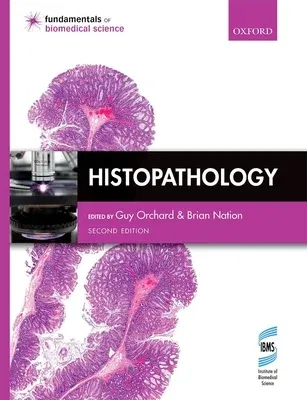HistopathologyPaperback, 16 January 2018

Qty
1
Turbo
Ships in 2 - 3 days
Only 2 left
Free Delivery
Cash on Delivery
15 Days
Free Returns
Secure Checkout

Part of Series
Fundamentals of Biomedical Science
Print Length
512 pages
Language
English
Publisher
Oxford University Press, USA
Date Published
16 Jan 2018
ISBN-10
0198717334
ISBN-13
9780198717331
Description
Product Details
Book Format:
Paperback
Country of Origin:
GB
Date Published:
16 January 2018
Dimensions:
24.38 x
18.8 x
2.29 cm
ISBN-10:
0198717334
ISBN-13:
9780198717331
Language:
English
Pages:
512
Publisher:
Weight:
1056.87 gm